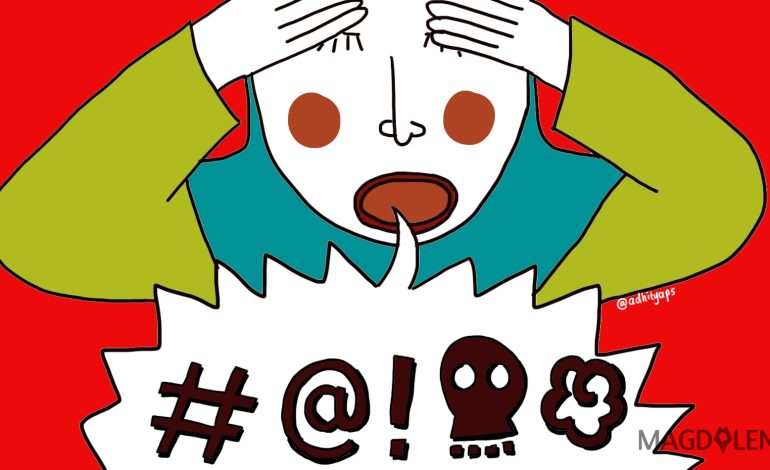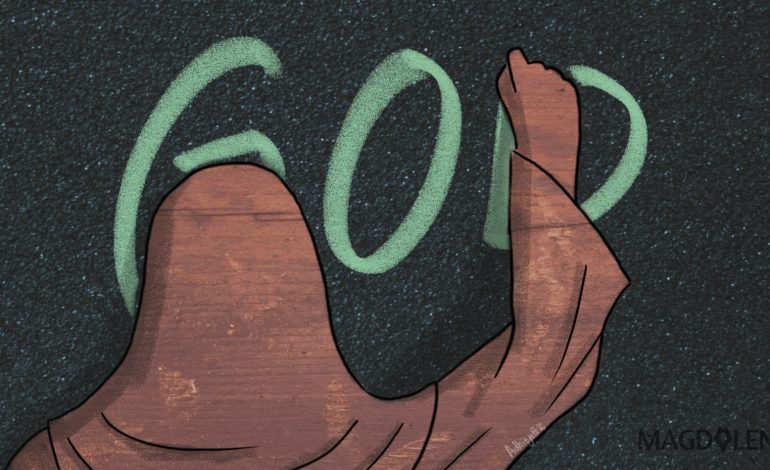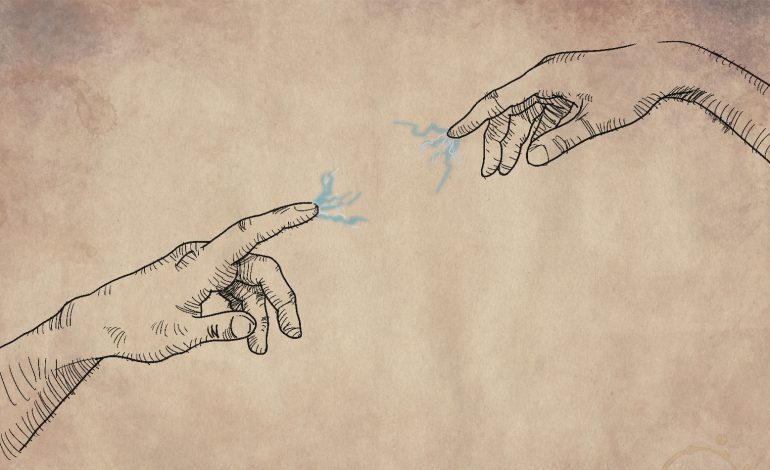The Problem with the #NotAllMuslims Narrative

The reaction to the Surabaya-Sidoarjo Bombings is a reminder of the recent Toronto Attack. The Toronto Attack was carried out by a man who intended to target women, while the recent bombings were committed by a group of Muslims to attack Christians. Moments after those acts were perpetrated, people began to send their prayers on social media, while simultaneously claiming that those acts were not reflective of their values. Typically, this would all lead to viral online movement, in this case the “tidak semua Muslim” or #NotAllMuslims comments on social media, which is a reminder of the #notallmen responses.
Although it is understandable where the statements came from, plainly claiming that “not all (insert name of population group)” would do such heinous acts does not bring any sense of peace or security to victims of terrorism. Even worse, it further belittles the fact that there have been serious systematic discriminations against a certain group in the population (whether religious or ethnic minorities) that have been made worse by increasing radicalism and extremism in the country. The “not all” argument will not solve anything and, in fact, will further bury the issue in multiple ways.
Firstly, the “Not All” argument automatically silences victims into thinking their problems are not important and that the hatred against them is just some rare occurrence that is not part of a larger issue. In Indonesia, bombings of churches do not happen every day, yet it is a fact that religious minorities are treated as second class citizens. Religious slurs, church closure, and raids are just daily occurrences in Indonesia.
Simply saying “Not All Muslims” invalidates the often ignored, yet widespread discrimination that the minorities face at the hands of the majority. This ultimately silences the minority groups from voicing out their grievances out of fear of being labeled anti-Islam (remember Ahok case?).
Secondly, the statement gives a free pass to others who think that what they do is not as bad as being a terrorist, even when the belief they subscribe to tolerates violence. Most right wing preachers do not explicitly support bombings – just as meninists would not condone the attack in Toronto – but they still preach the same message.
Just look at the last Jakarta election when it became a daily routine to hear preachers say “Kafir (infidels) cannot be our leader” or the claims that the latest strings of bomb attackes were “framed to corner Muslims” (yes, popular Muslim cleric Felix Siauw said this). These might seem like benign acts that do not lead to extreme violence, yet the “casual bigotry” ultimately sends the same message: that minority groups are different from us and it is okay to disregard them.
Granted, their messages will not automatically turn everyone into terrorism, but we cannot really know how individuals would respond to them. Some might brush it aside, but others might use them to normalize and validate their hatred. It cannot be ignored that terrorists act out on the same hatred that have been nurtured by the majority.
We cannot solely blame religion or politics to be the sole cause of terrorism, as terrorism is a multifaceted issue, but we need to admit that they are important parts of the problem. Terrorism is not reflective of Islam and Muslims in Indonesia, but the terrorists derive their values from specific Islamic verses that have been misinterpreted by some Muslims. In addition, hatred of non-believers has been increasingly tolerated by our society – or at least ignored.
The Islamic majority need to own up to their own claims that Islam is not a religion of terror by preventing fellow believers from misinterpreting their values. Moderate Muslims need to call out their friends, family, or preachers who use religious interpretations that support terrorism or discriminate non-believers. If you say that not all Muslims are hateful, then show it and call out those who are. You cannot say that you condemn terrorism, while staying silent when others label Jews and Christians as ‘pigs’ or “infidels whose blood is halal”.
Further, we need structural reforms. By admitting that terrorism is both a political and religious problem, lawmakers can have better justification to push for reforms such as the Terrorism Bill, which has been in a deadlock in parliament, thanks to certain political and religious groups. Extreme religious teaching and books that breed intolerance have been easily circulated in schools because the government does not have the political will to ban them. This can be changed if we just admit that systematic political, religious and social reforms are needed to address the issue.
Terrorism is a politically or religiously motivated crime. It is never good to completely divorce the act from its original context. The majority needs to own up and to admit our complicity that results in the emergence of terrorism.
Arinta Pratiwi is a final year law student at Universitas Gadjah Mada.






















